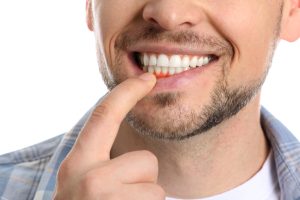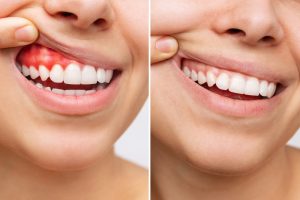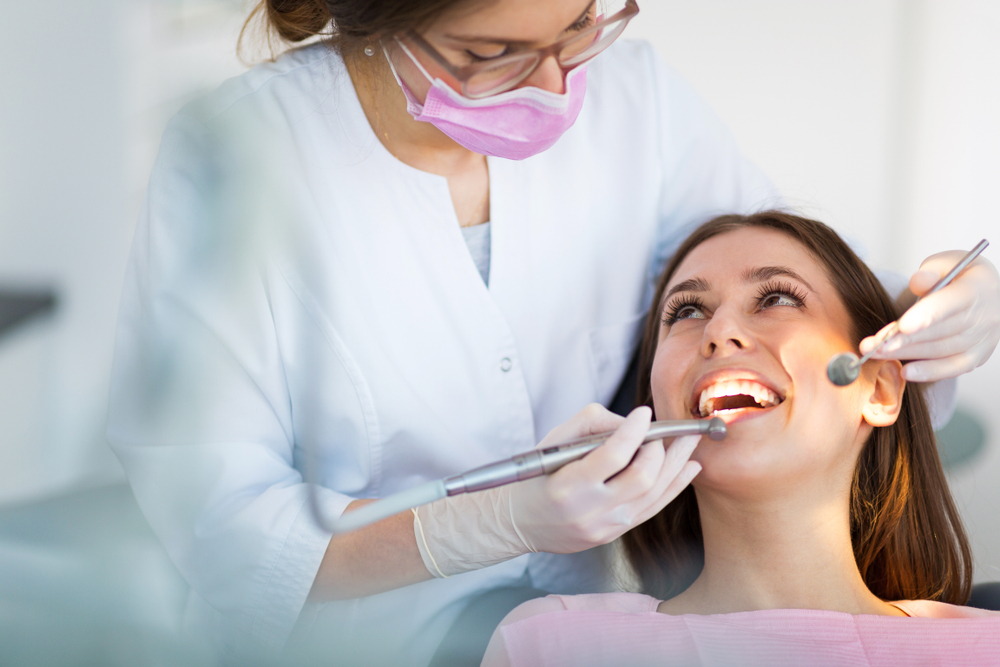Combat Gum Disease with Advanced Hygiene for Ithaca’s Active Lifestyle
The active Ithaca lifestyle—from hiking the gorge trails to winter activities at Greek Peak—demands convenient yet effective oral hygiene solutions. For Ithaca College students rushing between classes and Cornell researchers working late in campus laboratories, traditional flossing might fall by the wayside. At Ambis Dental, we recommend water flossers that effectively clean between teeth and below the gumline in half the time of traditional flossing—perfect for Dryden residents with early morning commutes or Lansing families juggling busy extracurricular schedules.
Trumansburg patients who experience gum sensitivity, especially common during allergy seasons when Cayuga Lake’s pollen count soars, benefit from our recommendations for specialized anti-gingivitis toothpastes containing stannous fluoride. These formulations provide dual protection against both decay and gum inflammation. We also guide Ithaca professionals who frequently dine out in Collegetown restaurants on effective between-meal cleaning options, from antimicrobial mouth rinses to innovative interdental brushes that easily fit in briefcases or backpacks for on-the-go gum care.
What is Gum Disease?
 Gum disease, also known as periodontal disease, is an infection of the tissues that surround and support the teeth. It’s caused by a buildup of plaque on the teeth, which can irritate the gums and trigger inflammation. If left untreated, gum disease can lead to receding gums, bone loss around the teeth, and eventually tooth loss.
Gum disease, also known as periodontal disease, is an infection of the tissues that surround and support the teeth. It’s caused by a buildup of plaque on the teeth, which can irritate the gums and trigger inflammation. If left untreated, gum disease can lead to receding gums, bone loss around the teeth, and eventually tooth loss.
According to dentist Dr. Edward Ambis in Ithaca, NY, some signs of gum disease include:
- Red, swollen, or tender gums
- Gums that bleed easily when brushing or flossing
- Bad breath
- Loose or separating teeth
- Changes in the fit of partial dentures
Catching and treating gum disease early is important to reverse the damage and prevent more advanced stages.
Can Gum Disease Be Reversed?
The good news is that in many cases, gum disease can be reversed with professional treatment and improved oral care. The earlier gum disease is treated, the more likely it is that the tissues can regenerate and regain their healthy attachment to the teeth.
However, the extent to which gum disease can be reversed depends on how far the disease has progressed. In the early stage known as gingivitis, where gums are inflamed but there is no irreversible bone or tissue loss, thorough dental cleaning, and improved daily brushing and flossing can help gums heal and regain health.
In more advanced stages when tissue or bone damage has occurred, reversing gum disease takes more extensive treatments, but is often still possible with Dr. Ambis’ help. Your Ithaca dentist will evaluate the extent of the disease and develop a customized treatment plan.
Treatments to Reverse Gum Disease
Dr. Edward Ambis provides several state-of-the-art treatments that aim to halt gum disease progression and facilitate healing and regeneration. Common treatments include:
Deep Cleanings
Dental cleanings, also called scaling and root planing, involve meticulously cleaning under the gums to remove built-up plaque and tartar. Numbing medication is applied to prevent discomfort.
Laser Gum Therapy
Using advancedlaser technology, Dr. Ambis can remove diseased gum tissue and fight inflammation without cutting the gums. This also aids in tissue regeneration.
Bone and Tissue Grafts
 In cases of advanced gum recession, bone and gum grafts in Ithaca can replace what was lost. This helps regenerate support for teeth.
In cases of advanced gum recession, bone and gum grafts in Ithaca can replace what was lost. This helps regenerate support for teeth.
Medications
Antimicrobials or antibacterial medicationmay be prescribed to support the body’s ability to fight infection, causing gum disease.
In addition, Dr. Ambis emphasizes that daily oral hygiene and regular professional maintenance are key after treatment to sustain improvement.


 Gum disease
Gum disease In cases of advanced gum recession,
In cases of advanced gum recession,